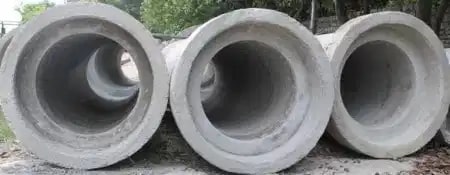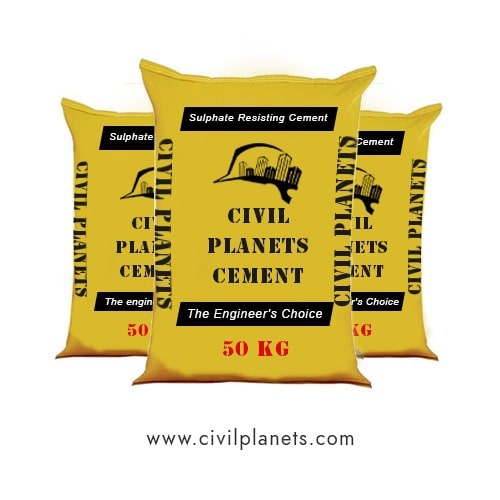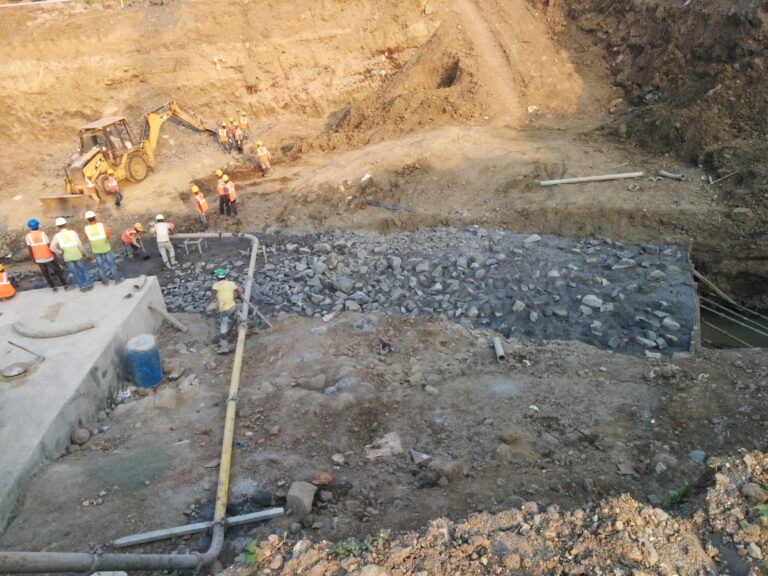Specific Gravity is defined as the ratio between the volume of any given material to the volume of the same quantity of water. The value ranges from 0.1-100 for any given material.
In simple, It is used to index the floating ability of materials. If the value ranges below <1, it will float. If the range above 1, it will sink.

What is the specific gravity of cement?
Specific Gravity of Cement is nothing but the ratio between the volume of cement to the volume of the same quantity of water. Usually, the value lies between 3.10 – 3.16 g/cc. Some types of cement such as PPC, Portland Blast furnace slag will have the value near 2.90.
In simple, Cement is 3.10 times heavier than the water.
Why is the specific gravity of cement determined?
We know from our previous topics, we carefully select the water-cement ratio according to our strength requirement for concrete preparation. And that ratio will be in digits such as 0.45, 0.50.
Adding more than that will eventually affect the strength of the structure. In contrast, if the cement already has a certain amount of water in it. Then the water-cement ratio becomes senseless.
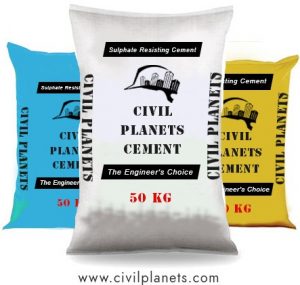
So experts decided to identify the specific gravity for every type of cement. They have identified them and designed the water-cement ratio accordingly.
We usually use two types of mixture for concrete preparation, such as Design Mix and Nominal Mix. If we select a design mix, then there will be extensive material lab tests that will identify this value. In practice, we sometimes use nominal mix concrete where we won’t do these types of tests. We simply assume the value to its default.
Difference between Nominal Mix and Design Mix
The cement will remain in its original specific gravity value until unless it is exposed to moisture. In contrast, we regularly store them in our stock, where humidity exposure is high.
Undoubtedly the cement will be affected by the moisture content in the air and alters the value. This is why we advised avoiding 3 months old stock cement in usage where moisture exposure is high.
How do you calculate the specific gravity of cement?
The specific gravity of cement value will be determined by using Le-Chatelier Flask Method. It is a lab test experiment to identify the value.
Required Apparatus
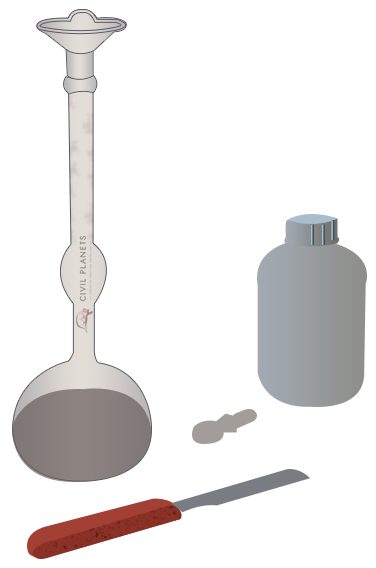
- Cement
- Kerosene
- OPC Cement
- Le-Chatelier Flask of 250ml Or Pycnometer
- Weighing Balance (Accuracy of 0.1 gm)
Note – Usually, water will be used as reference material for any specific gravity determinations. But as we know, the water quickly reacts with cement and forms the cement paste, which surely affects the test. So instead of water kerosene used as reference material.
Specific Gravity of Kerosene = 0.79 g/cc
Test Procedure
- Ensure that the flask is free from dust and impurities. It should be thoroughly dried.
- Now weigh the empty flask at weighing balance and note down the reading as W1.
- Next, fill the cement into the flask about 50 gm and note down the weight as W2.
- Now fill the flask with kerosene up to the top of the bottle.
- Mix the contents of the flask well and remove any air bubbles. Note down the weight as W3.
- Now empty the flask and fill the kerosene fully (up to the top) and weigh it as W4.
Specific gravity of cement formula
Using the below formula, we can determine the specific gravity (Sg) of the cement

Notes:
- The whole test procedure must be done at room temperature.
- ±0.01 error value is acceptable. If exceeds, conduct the test again.
Specific Gravity of Different Materials
| Materials | Specific Gravity |
| Asphalt | 1.1 |
| Brick | 1.75 – 2.0 |
| Chalk | 2.3 |
| Sawdust | 0.15 |
Happy Learning 🙂

